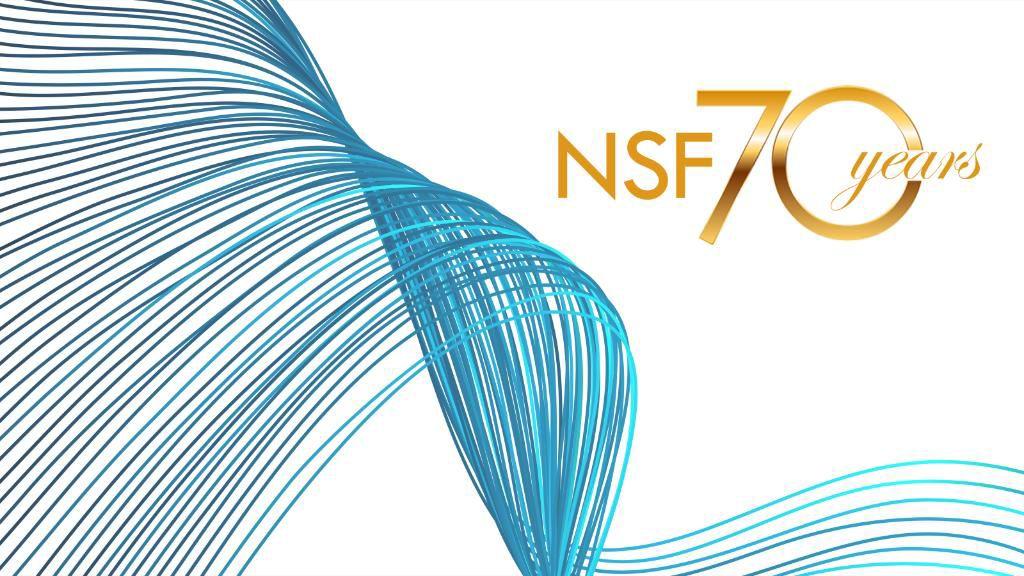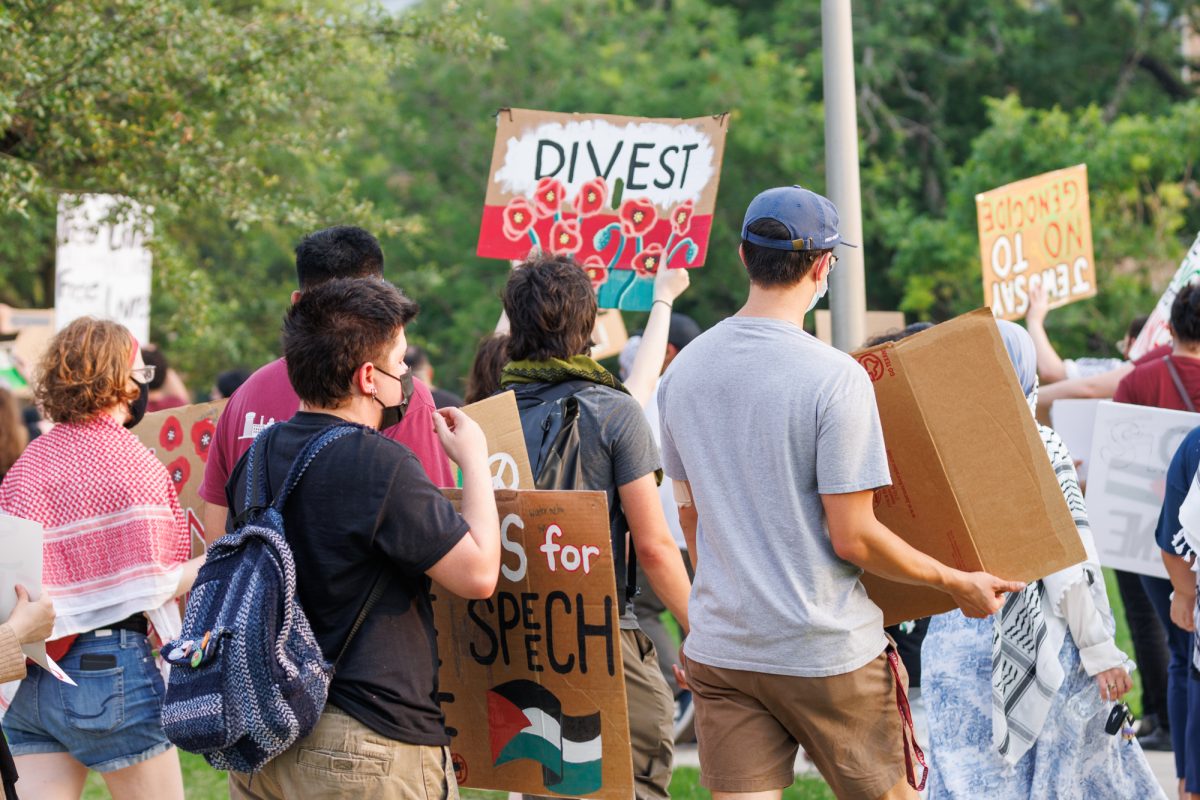This year marks the 70th anniversary of the National Science Foundation (NSF), which has funded Texas A&M research since 1952.
The independent federal agency was created by Congress in 1950 to support scientific research for the understanding and advancement of the planet, according to the NSF website. A&M received its first two research grants from the NSF in 1952, making it one of the first universities in the nation to receive funding from the foundation.
One of the most important A&M programs the NSF has supported is the International Ocean Discovery Program (IODP), an international research collaboration that works towards exploring and analyzing the seafloor. It has received more than $350 million for a contract extending through 2024, the most funding from the foundation out of all A&M’s science programs.
Within the IODP, A&M serves as the Science Operator of the JOIDES Resolution, a research vessel that drills into the ocean floor to collect core samples, among other data. The JOIDES Resolution Science Operator (JRSO), which is based in the College of Geosciences, oversees the drillship’s operations. Dean of Geosciences Debbie Thomas, Ph.D., said having the opportunity to serve as JRSO is a privilege for both A&M and the College of Geosciences.
“The operations of the JOIDES Resolution have empowered decades of transformational discovery, and this is primarily funded by the National Science Foundation,” Thomas said. “It’s safe to say that the National Science Foundation’s visionary support has made scientific ocean drilling and the discovery of our planet possible.”
Similarly, Dean of Science Valen Johnson, Ph.D., said most of the research performed within the College of Science is supported by funding from the NSF and the National Institute of Health, with about 60 percent of the 250 tenured faculty members in the College completing projects funded by the NSF.
“There have just been so many science projects that the National Science Foundation has funded,” Johnson said. “It’s essential to our functioning as a scientific research organization.”
In an interview with Texas A&M Today, A&M President Michael K. Young said he is proud of A&M’s long-standing partnership with the NSF.
“NSF grants have allowed Texas A&M to be at the leading edge of discovery and impact in a wide range of scientific areas,” Young said. “We are so proud to be among the first institutes of higher education to partner with this inspirational organization known for thinking big. We look forward to taking more quantum leaps in collaboration with the National Science Foundation.”
The last NSF-funded IODP expedition that sailed under the JOIDES Resolution was Expedition 378: Pacific Paleogene Climate, co-led by Thomas this past January in the South Pacific. Thomas said having the experience to serve as co-chief of the last expedition completed a process that began in 2004 when she first became an assistant professor at A&M and was the lead proponent of the expedition’s resolution. Thomas said she owes her entire career to scientific ocean drilling, which has been made possible by the continued support from the NSF.
“Our program directors at the National Science Foundation are truly gifted [along with] their advocacy for the continued support of scientific ocean drilling,” Thomas said. “They have the vision to understand the impact of this program. It goes so far beyond expanding the geosciences — we’re talking about fundamental understanding about the planet on which we live.”
Thomas said the IODP has published its schedule for future expeditions under the JOIDES Resolution planned through the end of its contract in 2023, though all future expeditions are pending while awaiting changes to international travel restrictions with the ongoing COVID-19 pandemic. The earliest the IODP is planning to conduct an expedition is this October with Expedition 390, which will be led by A&M faculty member Jason Sylvan, assistant professor of oceanography.
A&M research supporter, National Science Foundation celebrates 70 years
May 31, 2020
Photo by via nsf.gov
The National Science Foundation is celebrating its 70th anniversary and has been funding research at Texas A&M for 68 years.
0
Donate to The Battalion
$1915
$5000
Contributed
Our Goal
Your donation will support the student journalists of Texas A&M University - College Station. Your contribution will allow us to purchase equipment and cover our annual website hosting costs, in addition to paying freelance staffers for their work, travel costs for coverage and more!
More to Discover










